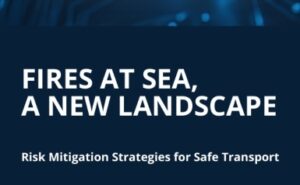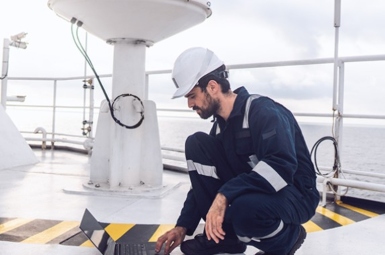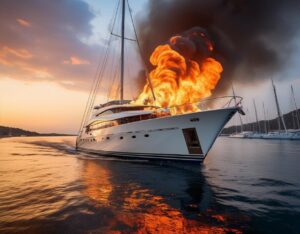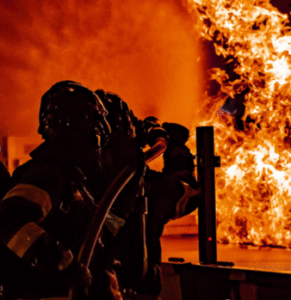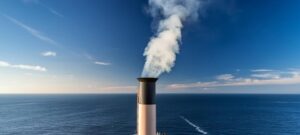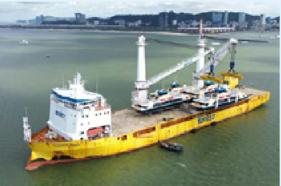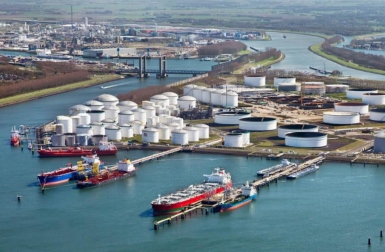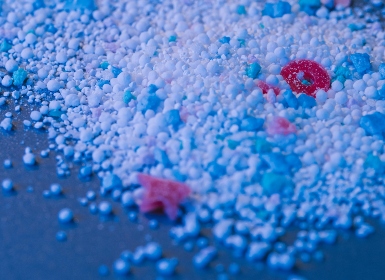
Steamship Mutual P&I Club has provided guidance on the risks associated with the carriage of plastic pellets in containers and provides practical measures to prevent spillage and protect the marine environment.
Understanding the risks of plastic pellets
According to the Club, in recent years, several high-profile incidents have occurred, such as the Trans Carrier in 2020 and the XPress Pearl in 2021, where containers have fallen overboard and resulted in the release of plastic pellets into seas and oceans with subsequent harm to the marine environment. Continue reading “Key tips for transferring plastic pellets in containers”
